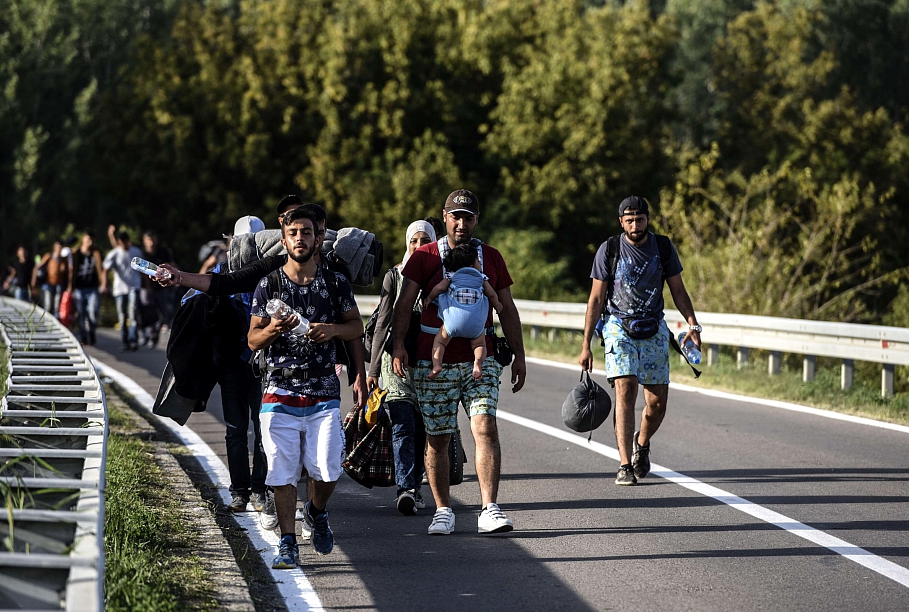Andrejs Judins (Unity), a member of the parliament committee, asked if it is known where the refugees will be working.
The MP said that many asylum seekers are dreaming about life in affluent European countries like Sweden and Germany and that they might want to leave Latvia as soon as they have received the refugee status.
In answer to this, the Interior Ministry official said there are plans to employ the refugees in several sectors of the Latvian economy, including the forest industry, saw-mills, manufacturing, construction and security services.
Petersone-Godmane noted that this will not be a highly skilled workforce.
The Interior Ministry plans to review the asylum requests in three months. During that time the asylum seekers will have to learn the basics of the Latvian language. Individual counselors who will be working with the refugees will find out their abilities and skills to offer them the most suitable jobs and places for living.
The Latvian government on Tuesday adopted a tentative action plan for the admission of refugees in Latvia, which is expected to require an estimated €16m funding. It was agreed that the Interior Ministry might present an updated plan and cost estimates on October 20 and the workgroup might come up with its final report on November 30.
In line with the decision made by EU interior ministers, Latvia has to take in additional 281 asylum seekers on top of the 250 asylum seekers agreed on earlier, and thus, the total number of asylum seekers for Latvia would reach 531. The plan provides for the relocation of 120,000 refugees across the EU, the European Commission said.
The European Commission proposed to relocate 120,000 people in clear need of international protection from Italy (15,600), Greece (50,400) and Hungary (54,000). As Hungary however does not wish to be included as beneficiary of the emergency relocation scheme, the EU ministers agreed that other member states confronted with a similarly evolving pressure following a sudden inflow of nationals of third countries could benefit instead.





























